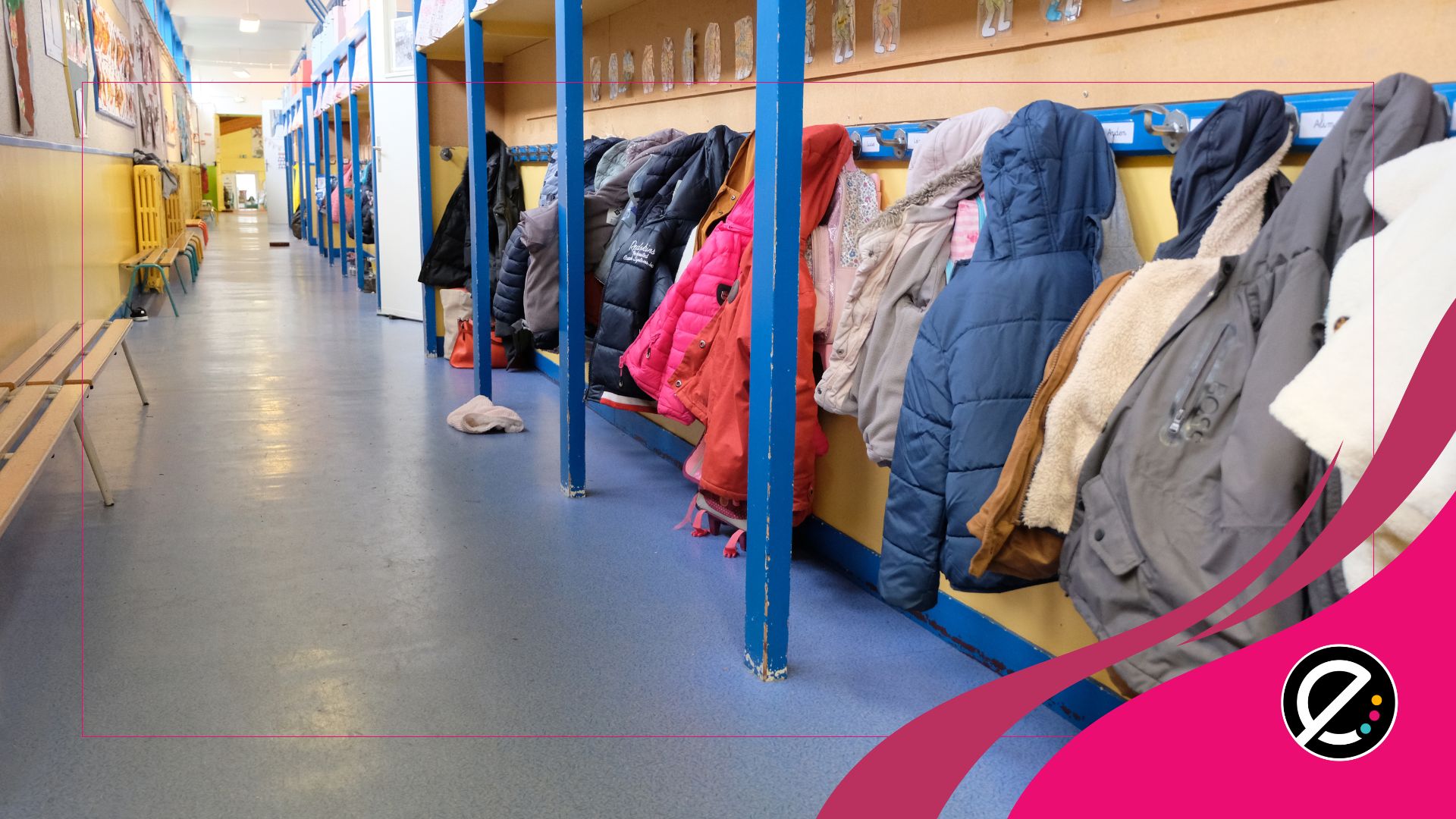En collaboration avec Martine Rioux
Cela fait plus de 25 ans (!) que le numérique en éducation est étudié, mais il évolue vite et les contextes dans lesquels on l’étudie aussi. Cette fois, la Conférence de consensus sur l’utilisation du numérique, organisée par le CTREQ, permet à des experts et praticiens de se rassembler pour dialoguer sur la question dans le but de formuler des recommandations. Nous avons assisté à la première séance publique.
Qu’est-ce qu’une conférence de consensus?
« Une conférence de consensus permet de faire le point sur l’état des connaissances à propos d’une question jugée importante par les décideurs et par les praticiens d’une profession. Elle permet d’établir les zones de consensus et de divergences sur les connaissances et de fournir aux décideurs et aux praticiens des orientations claires en matière de politique et de pratique, ainsi que des indications précises sur les conditions de réussite de leur mise en oeuvre. »
La Conférence de consensus sur l’utilisation du numérique, organisée par le Centre de transfert pour la réussite éducative du Québec (CTREQ), est donc une démarche sur plusieurs mois. Ce sont les membres du jury de la Conférence de consensus, composé d’acteurs de la pratique et sous la présidence du professeur Simon Collin, qui seront chargés de formuler les recommandations finales, prévues en juin. Pour cela, ils se plongent dans un processus de recherche d’information, d’analyse, de discussion, de réflexion et de partage.
Deux séances publiques sont prévues dans le processus, la première s’était tenue le 9 février, et la deuxième prévue le 23 mars 2022, pour permettre aux membres du jury d’enrichir leur réflexion en échangeant avec des experts en mesure de répondre à leurs différents questionnements, qui ont produit différents textes préparatoires a priori.
Les thèmes de la séance du 9 février 2022 étaient organisés autour du développement professionnel, de l’organisation des services et des approches d’enseignement-apprentissage. On y a notamment traité du rôle des directions d’établissements, de l’évaluation des apprentissages et de l’utilisation des ressources numériques.
Quelles conditions pour susciter des changements durables?
Dans l’un des blocs sur les les routines de classe, Sylvie Barma, professeure titulaire à la faculté des sciences de l’éducation de l’Université Laval en didactique des sciences et technologie, et Sophie Nadeau-Tremblay, enseignante ressource pour l’École en réseau et chargée de cours à l’UQAC, ont nommé des conditions gagnantes qui pourraient selon elles susciter des changements durables en lien avec l’intégration du numérique dans les pratiques.
Pour Mme Nadeau-Tremblay, trois éléments doivent être réunis :
- Présenter des modèles d’enseignants et de classes qui soient accessibles à la majorité (oui, présenter les modèles qui sortent vraiment de l’ordinaire mais ils ne doivent pas avoir l’air inatteignable pour les enseignants.)
- Accompagner les enseignants. Cela ne passe pas nécessairement par de la formation. L’accompagnement prend plusieurs formes : aider l’autre à cheminer, cultiver son agentivité, pour qu’il se sente soutenu.
- Donner un accès simple et facile aux outils technologiques dans les classes. (Il ne faut pas que ce soit compliqué de réserver du matériel, la connexion internet doit être fiable, etc.)
De son côté, Mme Barma a exprimé un certain scepticisme quant au changement des pratiques, tout particulièrement au niveau secondaire. « Il y a encore beaucoup de magistral. » Selon elle, tant qu’il n’y aura pas d’intégration concrète entre le programme de formation de l’école québécoise et le plan d’action numérique en éducation, le changement sera difficile.
« La perception que les activités numériques vécues en classe empêchent de “passer le programme” est encore très présente chez les enseignants. Pourtant, ce sont justement ces projets qui permettent de passer le programme », a renchérit lors d’un bloc subséquent Nicole Monney, professeure au département des Sciences de l’Éducation à l’UQAC. Elle est convaincue que si les enseignants disposaient de plus de temps pour planifier leurs activités d’apprentissage et d’évaluation, ils réussiraient à intégrer davantage le numérique à leurs pratiques.
Son collège Stéphane Allaire de l’UQAC a partagé un avis semblable lors du dernier bloc de la journée : « Les pratiques éducatives innovantes et nouvelles ne pourront pas naître d’elles-mêmes. Les enseignants doivent pouvoir bénéficier de véritables temps de qualité qu’ils pourront consacrer à leur développement professionnel. La question du temps est fondamentale pour planifier et explorer de nouveaux possibles ».
Au-delà du numérique
Tout au long de la journée, au-delà du numérique, il a été question de bienveillance, de climat de classe, de rétroaction, de stratégies d’apprentissage, de communauté de pratique, de développement des compétences socio-émotionnelles, de lien avec les parents… Tous ces éléments deviennent des prémisses à l’apprentissage chez les élèves. Apprendre est un processus qui fait partie d’un tout, ont rappelé les experts à plusieurs occasions.
« Le numérique est un élément dans un vaste écosystème. La valeur du numérique directement lié au contexte socioculturel dans lequel il est vécu. » – Stéphane Allaire
En vrac…
Parce qu’on a pris vraiment beaucoup de notes!
À l'ouverture de la Conférence de consensus, @tlaf et Josée Beaudoin, les 2 coprésidentes, présentent le premier axe: le retour sur investissement.
— Benoit Petit (@petitbenoit) February 9, 2022
«Les écrans font de moins en moins écrans»
–Thérèse Laferrière
Belle richesse au sein du jury et des experts impliqués#EduQc #CTREQ pic.twitter.com/i8D3uNOER4
À propos d’intelligence artificielle…
- Une nuance intéressante à réfléchir : l’expression « intelligence numérique », proposée par Stéphane Roche, rend peut-être plus justice à ce que l’on vise vraiment, particulièrement pour l’éducation.
- L’éducation s’intéresse à la prédiction des données et comportements dans le but de les déjouer!
À propos de développement professionnel
- Pour Audrey Raynault, l’approche « juste-à-temps » est l’une des plus utiles quand il est question de formation pour les enseignants, puisque c’est lorsqu’ils sont en pleine action, dans leur classe, qu’ils ont besoin de soutien. C’est aussi juste après qu’ils ont le temps de réfléchir à ce qu’ils viennent de vivre. Dès le lendemain, c’est trop tard, ils sont passés à autre chose.
- Selon Christine Hamel, l’Université Laval a décidé de retirer le cours sur le numérique en éducation pour plutôt l’intégrer dans les cours de didactique, s’assurant qu’il soit pris en compte de manière significative dans chaque discipline.
À propos de leadership pédagogique face au numérique
- Une recommandation de Mme France Gravelle : En tant que direction, avoir de l’ouverture quant au numérique, puisque c’est l’avenir. « [En tant que leader, ] il faut faire partie de l’équipe[-école] et faire preuve de leadership partagé. »
- Une recommandation de Benoit Petit : « On est centré sur la logistique et parfois on oublie (…) que la dimension affective est très importante. Pour exercer un véritable leadership, il faut développer ses compétences socio-émotionnelles. » Elles constituent des outils, estime-il, pour ces situations où on a l’impression d’être dans un « dialogue de sourds ».
- Une ressource à connaître : l’auto-formation pour les gestionnaires https://gestionleadershippedagonumerique.uqam.ca
À propos de l’évaluation des apprentissages
De Anne-Michèle Delobbe et Nicole Monney :
- « Il faut briser l’idée que l’évaluation est un examen final. L’évaluation devrait être intégrée aux apprentissages. »
- « Il faut penser à des outils numériques qui permettront de témoigner de la démarche de l’élève lors de l’évaluation. »
- « On ne peut pas transposer ce qui se fait sans numérique dans l’univers numérique [et espérer que ça fonctionne]. »
- « Les difficultés en écriture et en lecture d’un élève ne devraient pas lui nuire au niveau de l’évaluation dans d’autres matières que le français [puisque c’est là que ces compétences sont évaluées]. » Il faut diversifier les façons d’évaluer et le numérique peut venir jouer un rôle majeur ici (pensons à l’apport des fonctions d’aide technologiques!).
À propos d’intégration des ressources numériques
- Jocelyn Dagenais a rappelé que les travaux du Conseil supérieur de l’éducation sur la question de l’évaluation au service des apprentissages demeure un ouvrage incontournable pour alimenter la réflexion en vue de formuler des recommandations.
- Steve Quirion a offert un inspirant exemple tiré de la géographie : « Par exemple, on apprend qu’un GPS nous montre comment aller du point A au point B. Mais après, on sait qu’on peut prendre les petites routes et que le voyage est souvent aussi intéressant que la destination »… Ce qui nous inspire une plus vaste analogie entre le voyage et l’intégration du numérique! En effet, en voyage :
- Certains préfèrent le chemin le plus court (qu’est-ce qui va me permettre d’atteindre rapidement mon objectif pédagogique?)
- D’autres préfèrent se perdre intentionnellement et faire des découvertes insoupçonnées (par exemple en explorant de nouvelles idées et façons de faire avec leurs élèves)
- D’autres encore vont vouloir prendre une route différente à l’aller et au retour (comment deux façons de faire différentes peuvent-elles me permettre de mesurer un même critère d’évaluation?)
- On peut voyager en auto, en vélo, en avion, à pied etc. (certains moyens vont être plus pratiques selon la destination, certains vont même être nécessaire – difficile de traverser l’océan en vélo -, alors que d’autres font perdre trop de temps…)
- Nos choix touristiques peuvent être influencés, consciemment ou non, par de la publicité (est-ce vraiment le meilleur outil pour mes besoins, ou seulement le plus populaire?)
- etc.! (Continuez avec nous si vous le souhaitez!)
On peut s’inscrire à la prochaine séance publique, prévue le 23 mars, ici.






